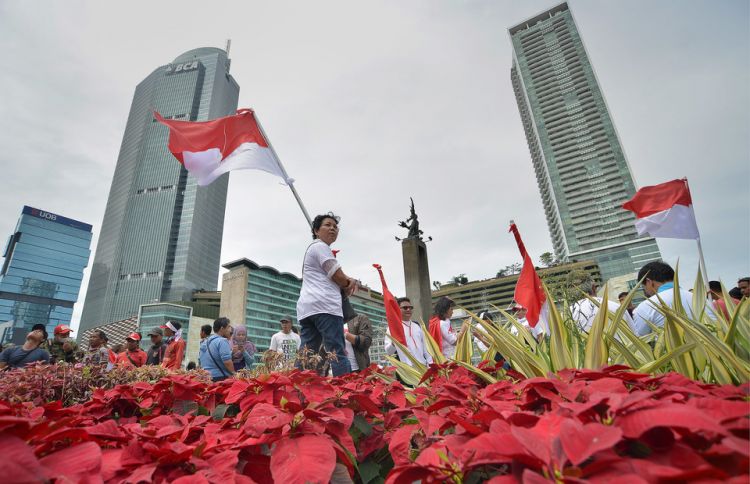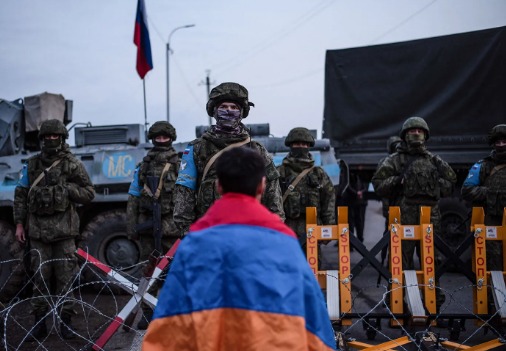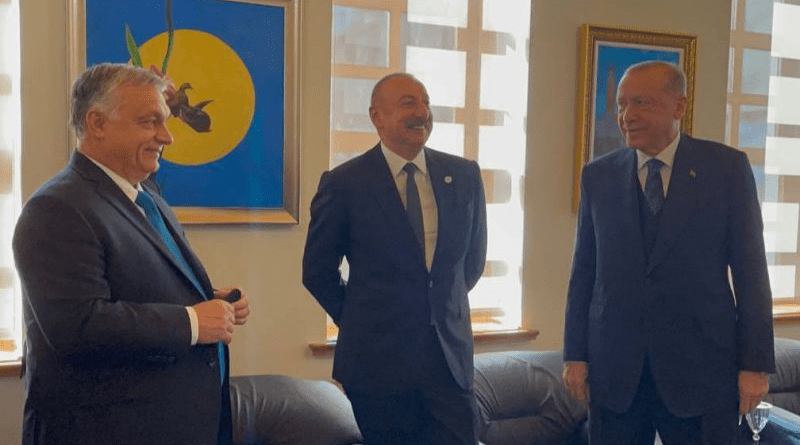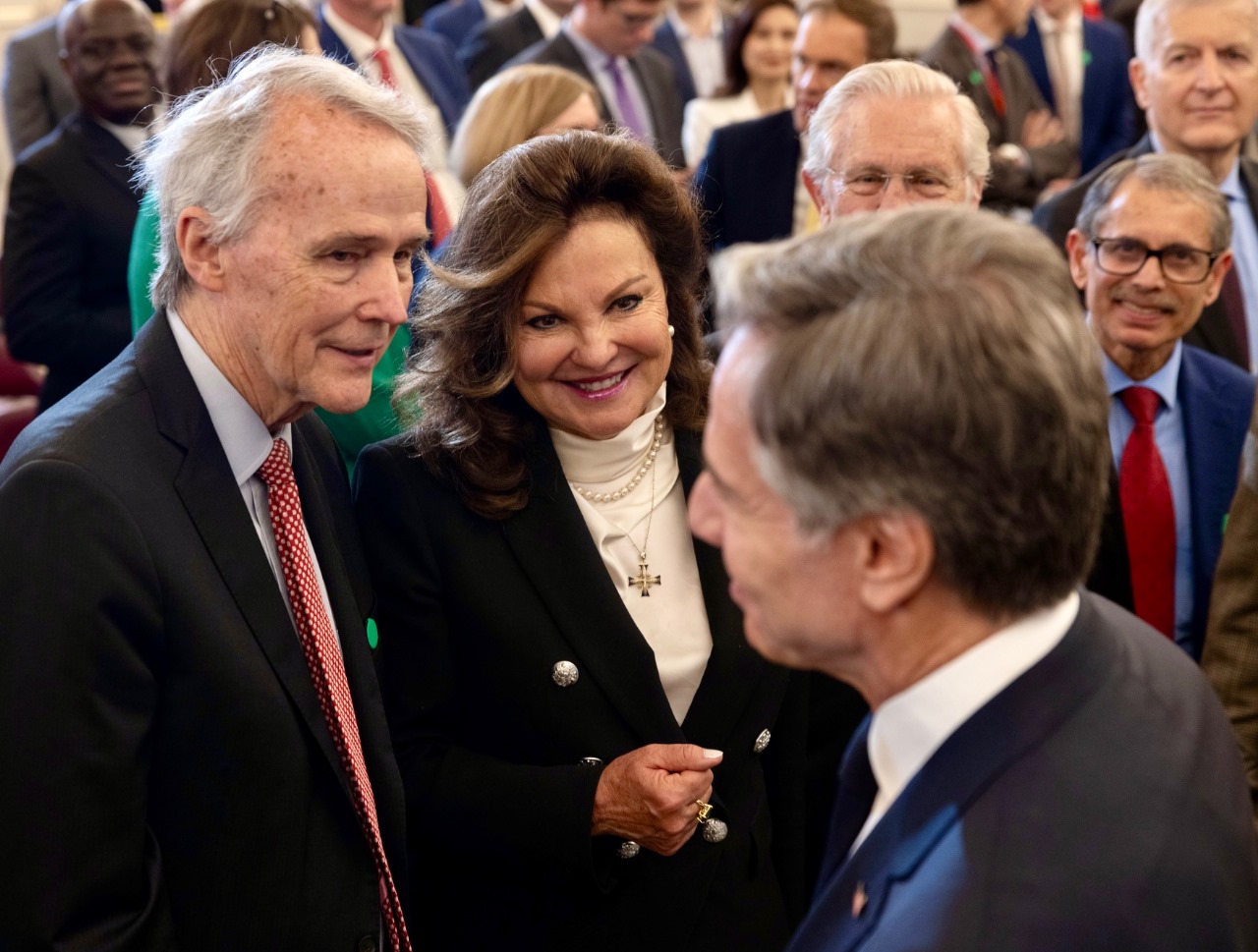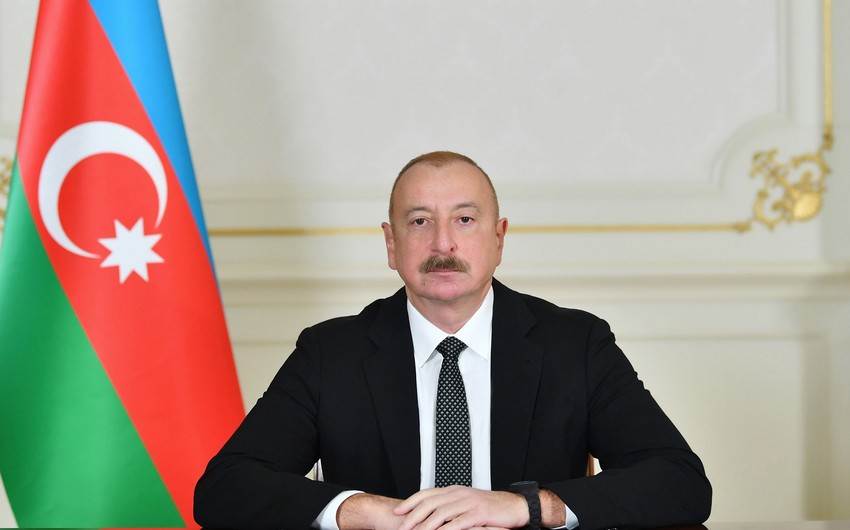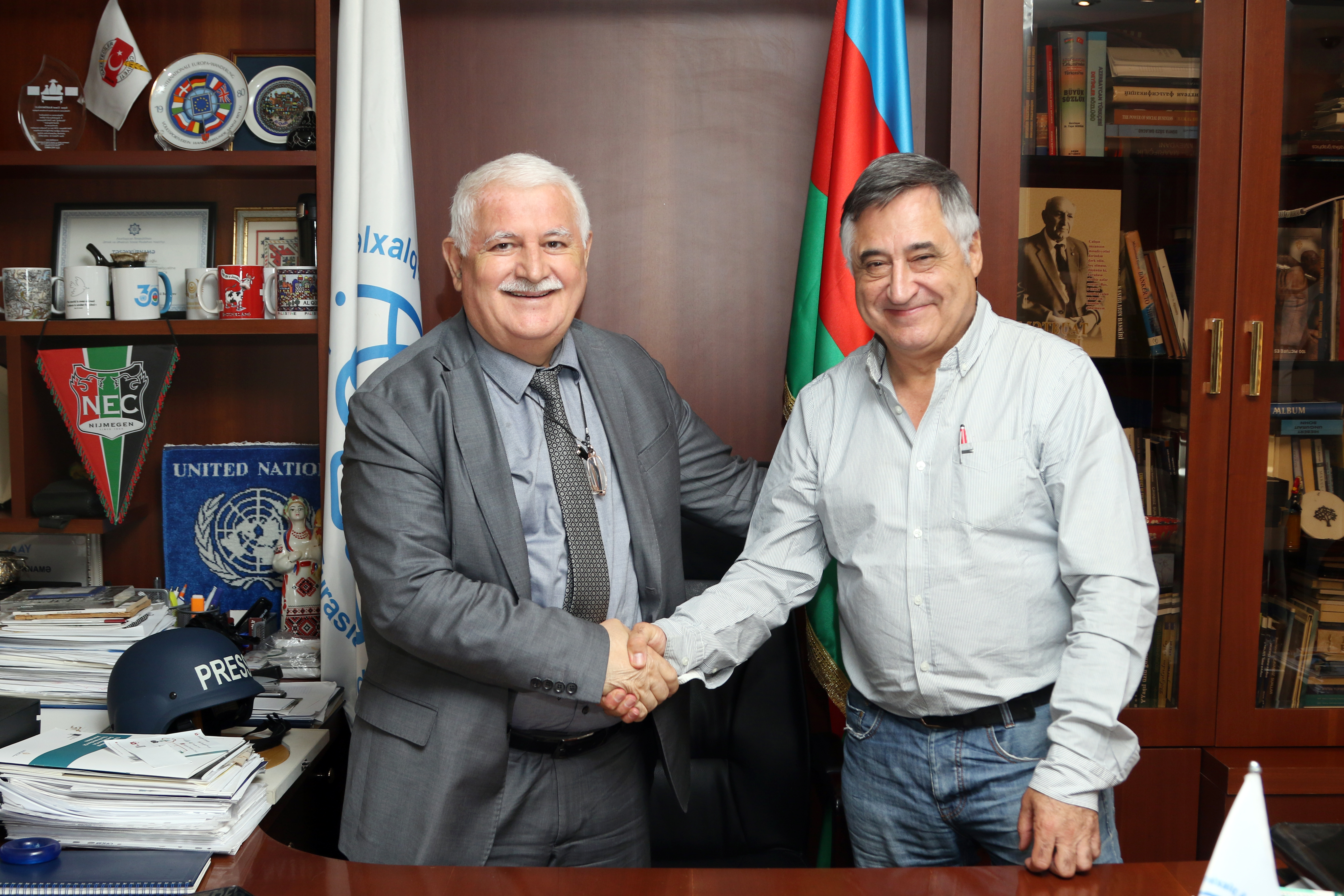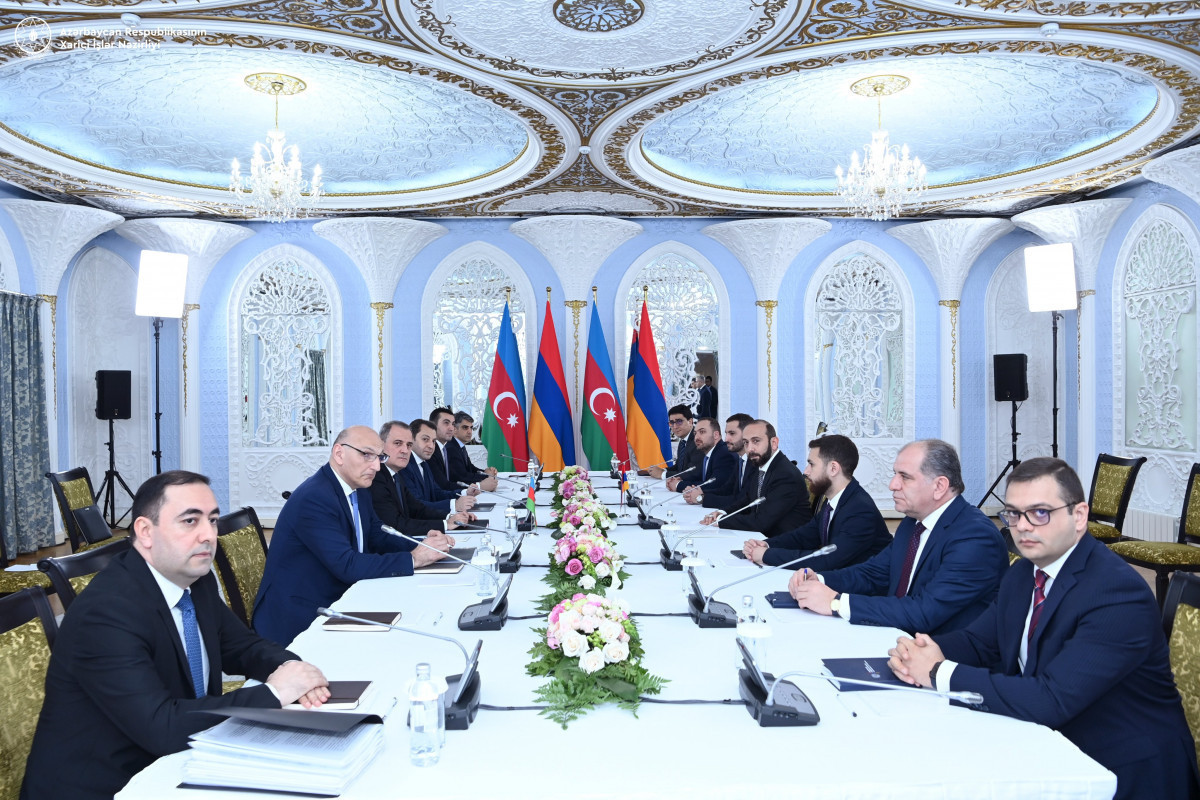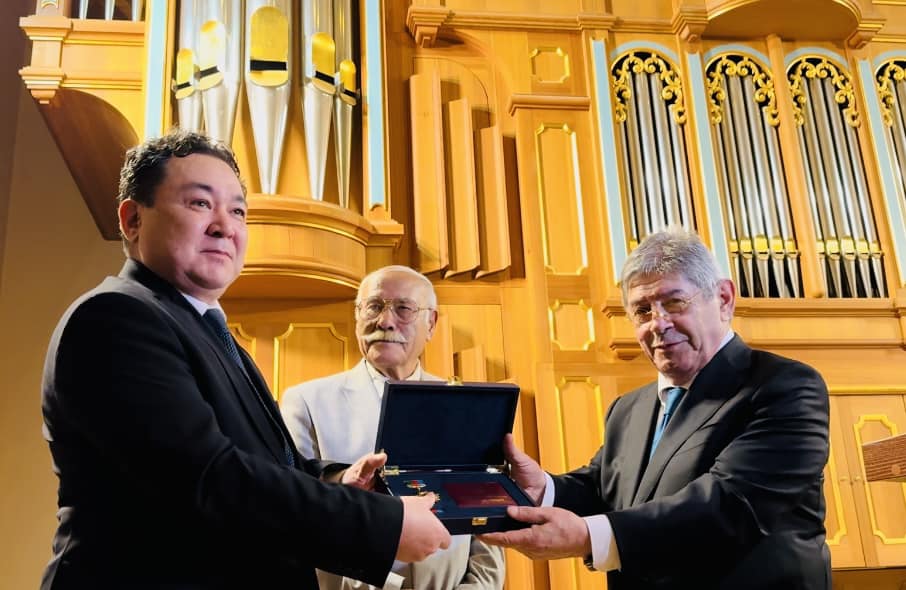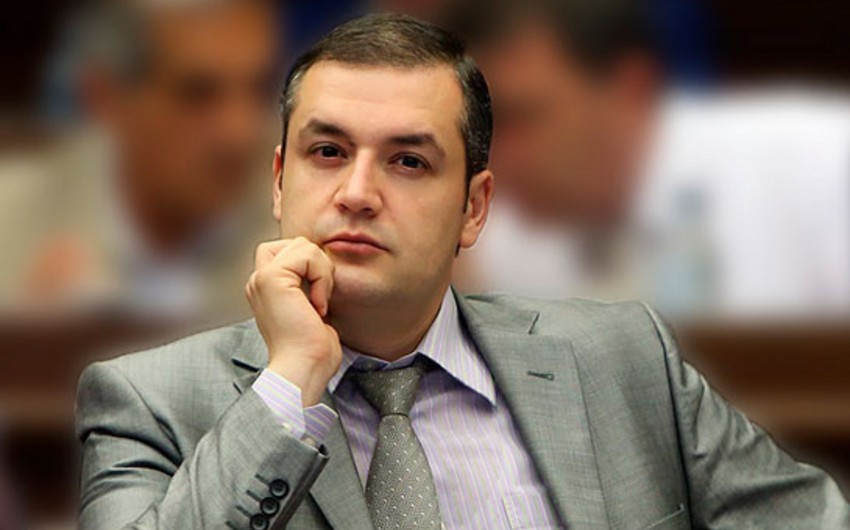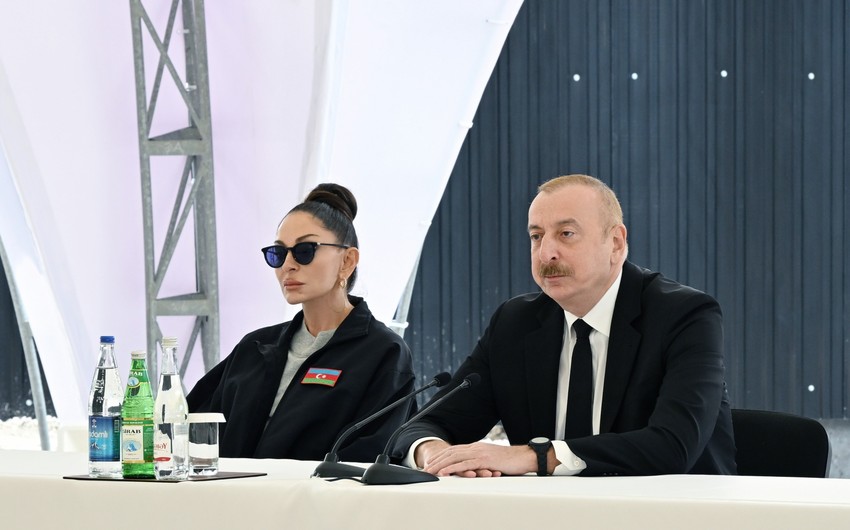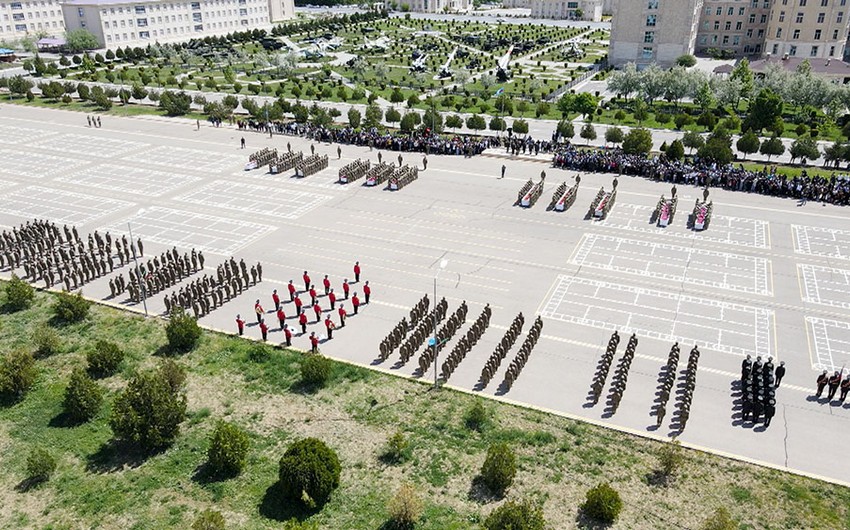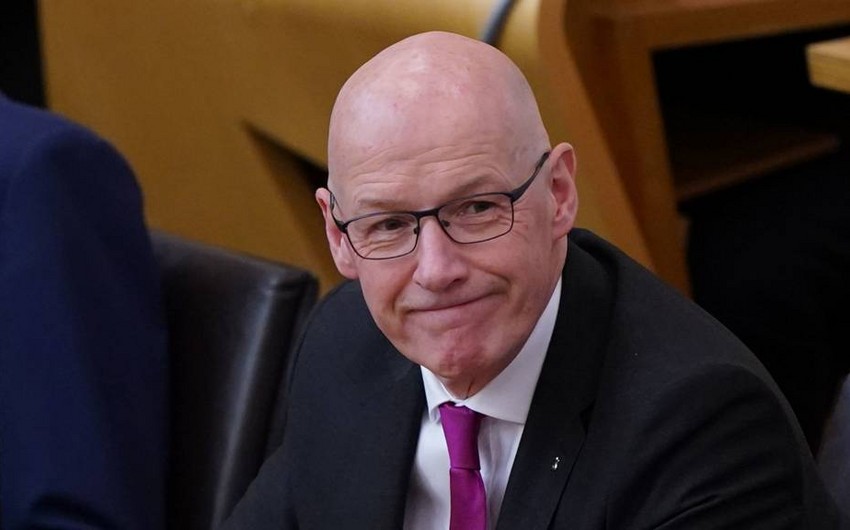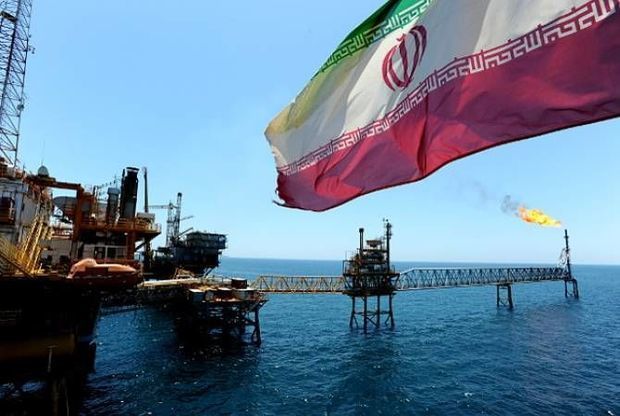Eurasia Diary presents an article titled "Pluralism of Indonesia: A critical analysis" published in Pakistan Observer.
Article was written by Dr Mehmood Ul Hasan Khan, expert on regional and geopolitical studies.
The Republic of Indonesia is not only the largest Muslim country but also famous for “religious “neutrality” in the world.
Frankly speaking, Indonesia’s real beauty does not drive only from its vast Islands but from the real essence of pure pluralism which guarantees “unity in diversity”.
In this connection, it “stipulates” its inspirations from its “Constitution”. It has been the “collective wisdom” of its successive political leadership in the country.
It “stimulates” economic equality, social harmony, interfaith dialogue, social justice and last but not the least spirits of tolerance in the country.
It is the “guarantor” of all the “religions” and “rituals” throughout the country. Pluralism of Indonesia cares about members of diverse ethnic, racial, religious, or social groups and rigorously maintains an autonomous participation in the country.
It fosters development of their traditional cultures or special interest within the confines of a common civilization.
More precisely, in Indonesia pluralism is defined as pluralism and diversity. It is not only a social reality but also as ideas, understanding, and thought.
The 1945 Constitution also states clearly that “the State guarantees the freedom of every citizen to embrace his or her own religion and to worship according to his religion and belief”.
On the basis of this law, all citizens, with a diversity of cultural identity, ethnicity, gender, religion, etc., shall be protected by the state. Thus functional pluralism preserves in Indonesia.
Now Indonesia, is a country of more than 279 million people, made of 18,000 islands, 1,300 ethnic groups, and over 740 languages, built itself as an independent nation-state grounded on a commitment to “Unity in Diversity” (or Bhinneka Tunggal Ika).
This motto, etched on each and every reproduction of the national emblem, was a match to the postcolonial republic’s founding philosophy, illustrated by President Sukarno (1901–67) in 1945 and referred to as the Pancasila (i.e., the Five Principles of nationalism [kebangsaan], humanitarianism [perikemanusiaan], deliberation among representatives [permusyawaratan-perwakilan], social welfare [kesejahteraan] and the belief in One God [ketuhanan]).
Thus it has an ideal combination of “eternal philosophy” and quick remedy of economic prosperity.
After the fall of Soeharto’s “New Order regime”, as a nation-state with a pluralistic society, unfortunately Indonesia was exposed to social unrest and intra-group tension in terms of race, ethnicity and religion.
Historically, the archipelago was integrated first by trade routes, mercantilism and colonialism, then through concerted efforts at post-Independence nation-building that employed the region’s lingua franca as a national language, and established a program of shared values.
In many ways, the project of nationalism was highly successful in creating a “shared sense” of national identity.
But Indonesia also experiences inter-group tensions, with areas and periods of heightened conflict, often involving religion.
It seems that pluralism is the outcome of “political necessity”, “geographical compulsion”, “geopolitical nationalism”, “social division”, “ethnic multiplication” and last but not the least economic equality in Indonesia.
It has been successfully pursued by design with the will of general massive and successive political leadership and remains constitutionally secular.
Resultantly, it embraces “civil” rather than “Islamic law” and achieves larger “consensus” and “compromise” among the various negotiating parties and stakeholders to maintain nationhood.
That is why it has six official religions in the country.Unfortunately, the desire for political domination between 2Ss (President Sukarno and the rise of General Suharto) in the country was inflicted with sad incidents of coercion and conflict.
It had further accelerated during the paradigm shift from centralization to decentralization which badly affected nature, composition, scope and orientation of inter-religion groups and communities in the country.
The nation re-instituted parliamentary democracy and embarked on a path toward regional autonomy which geared up a new wave of pluralism in the country.
Nevertheless, religion supported group affiliation and an orienting framework in times of change, both as expression of social relations in the country.
But religious symbols, semantics and spaces regrouped and were mobilized for political action by constructing ‘us’ versus ‘them’ boundaries, and creating the appearance of cultural discontinuity.
Sociological history of the world reveals that a shift toward decentralization often leads to intensified religious identity politics, as religious orders are also creating increasingly transnational alliances aligning local religious communities with broader orthodoxies, and unsettling local practices and cross-boundary relations.
However, the policy makers of Indonesia succeeded to maintain spirits of pluralism in the country.
It seems that political priorities of the first post-colonial Indonesian governments intentionally indoctrinated a state-approved religion and connected the grievance against communism so closely to the absence of religion which ultimately took Indonesia down a path where religion became a focal point.
When the processes of decentralization and regional autonomy unfolded, Indonesia was primed for escalation of religion-imbued identity politics.
Growing economic and political contests became characterized in terms also of religious differences, as struggles over power and resources were mapped onto religion.
In fact, the government’s regulatory efforts in the name of ‘reducing violence and promoting religious harmony’ often have anything but peaceful results.
To conclude, pluralized Indonesia is the hope of greater socio-economic, geopolitical and geostrategic “prosperity”, “connectivity” and “integration” of the ASEAN and beyond.
It has now become an “icon” of global interfaith harmony and a suitable substitute to “Saudis Global Interfaith Dialogue”.
It is an ideal “recipe” and “antidote” to “Arabian Spring” of the Middle East & MENA and remedial solution to so-called “Colour Revolutions” of the Central Asian Region.
It is indeed an “anti-crisis” holistic strategy to ethnic and racial crisis and conflicts of the “African Continent”.
Last but not the least it is indeed a “logical reply” to Narendra Modi’s “Hindu Majoritarianism”.
It does not resemble “crusade” but stands for “compassion” and “mercy” among inter-faith/religion relations.
It marginalizes the scope of the rightist political acceptability in Indonesia and pushes the country towards sustainable moderation and modesty.
Over the past four years, the government of Indonesian President Joko ‘Jokowi’ Widodo has been conducting a concerted and systematic campaign of further promotion and institutionalization of pluralism in the country because it is the most essential factor of a liberalized democracy.
It seems that Indonesian journey towards classic pluralism to elite and neo-pluralism are achieving wonders of immense levels of interfaith tolerance, community development, women empowerment and protection of human rights in the country.
Pluralized Indonesia stands for harmony and not for hegemony which further glories with beauty.

